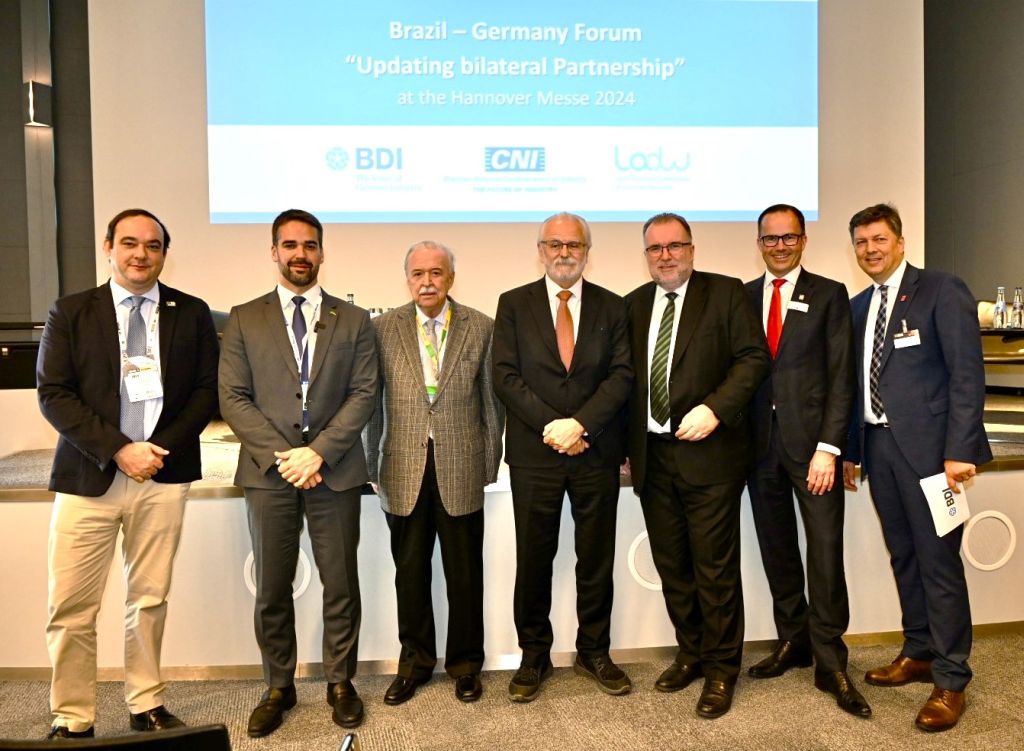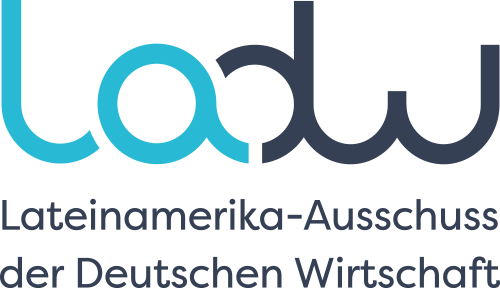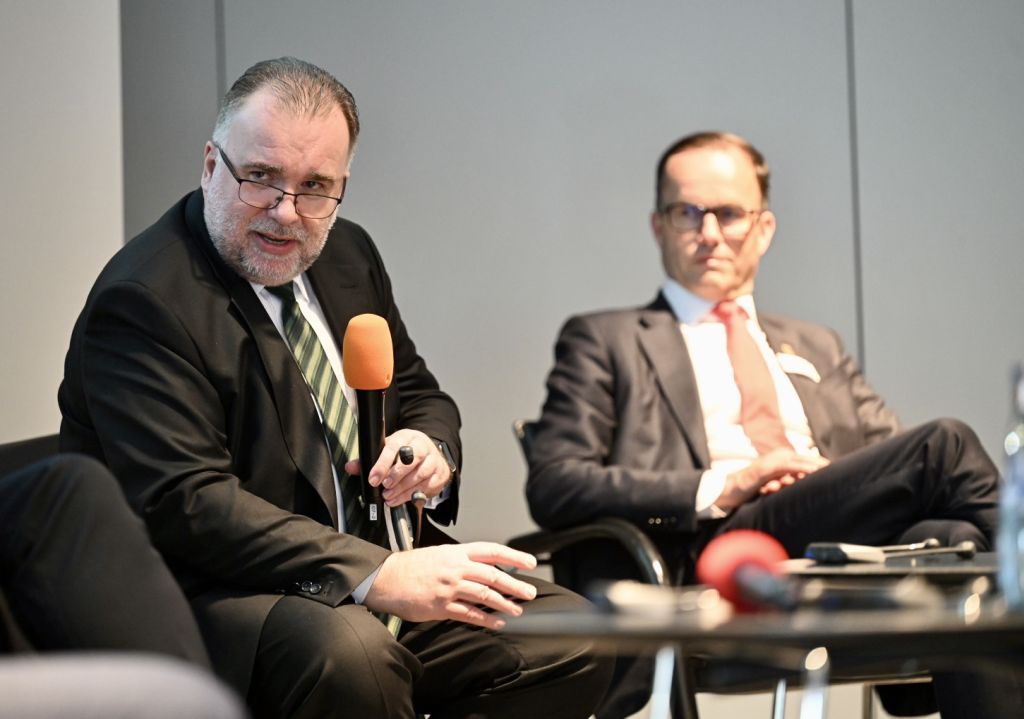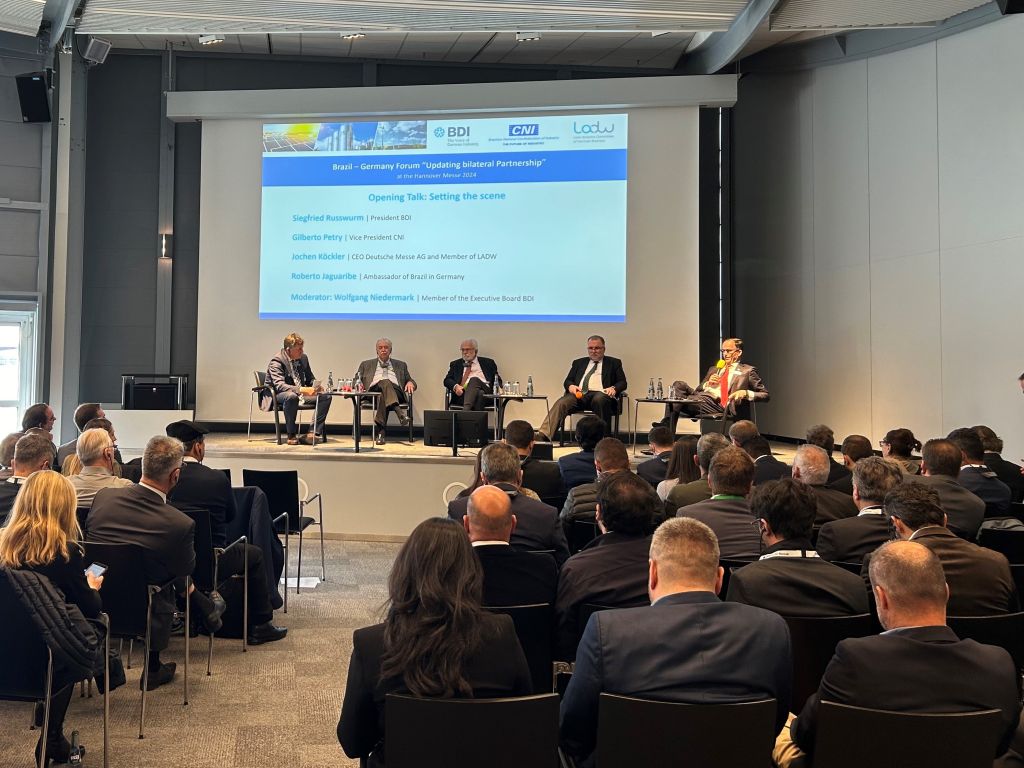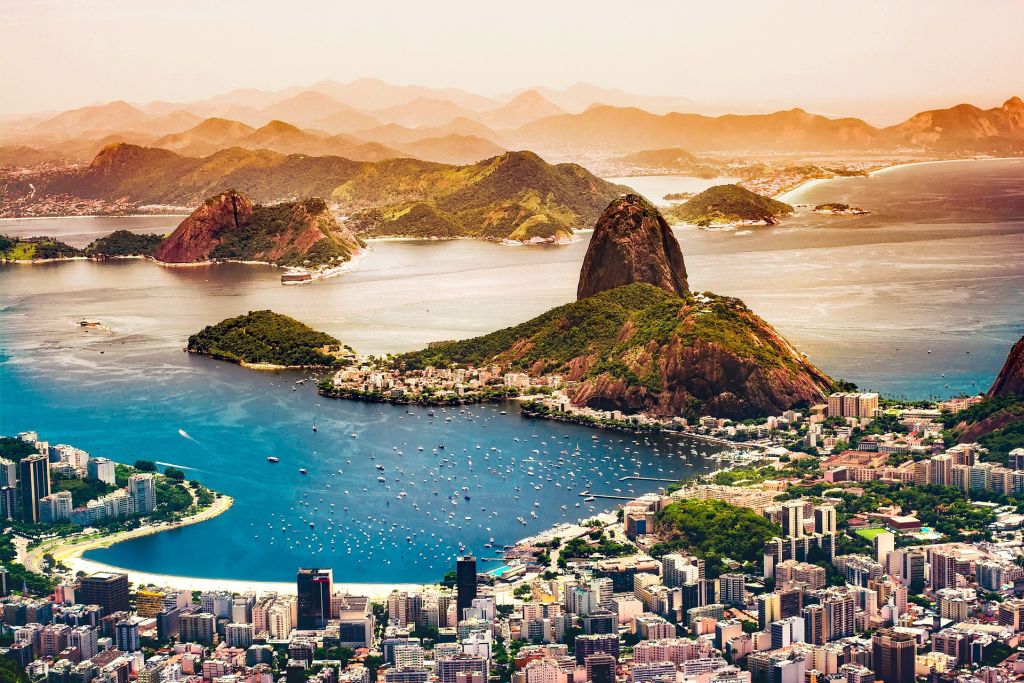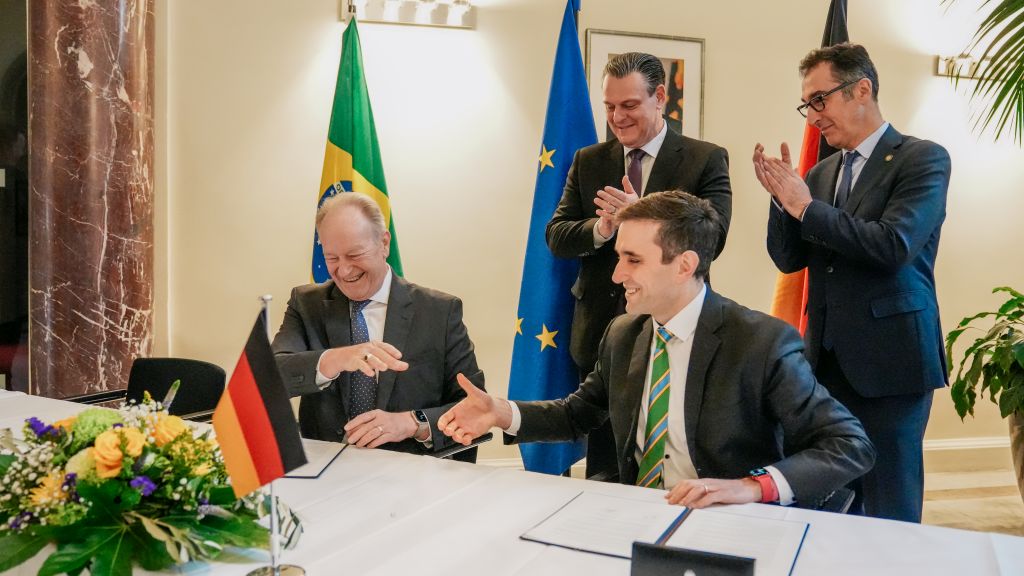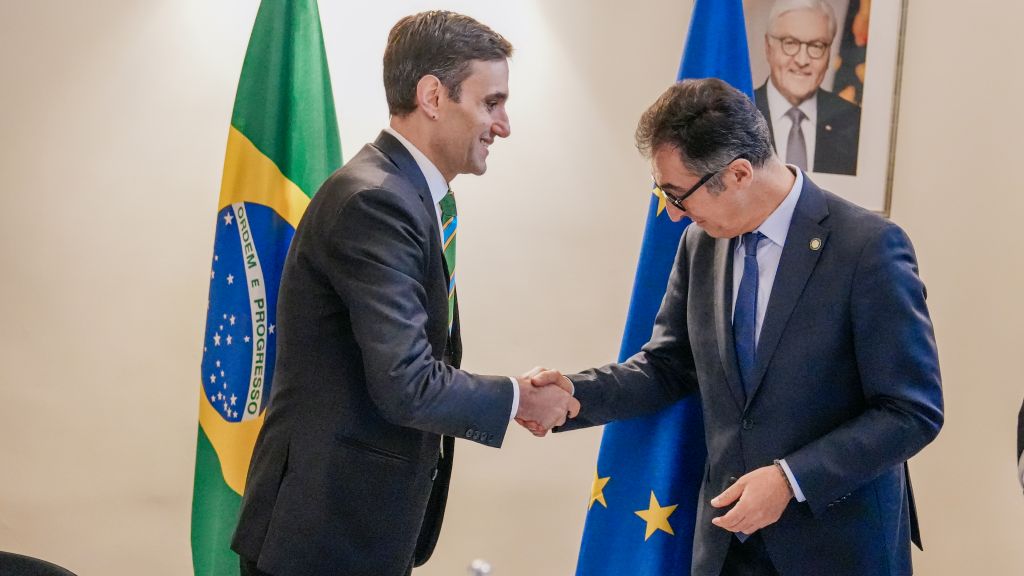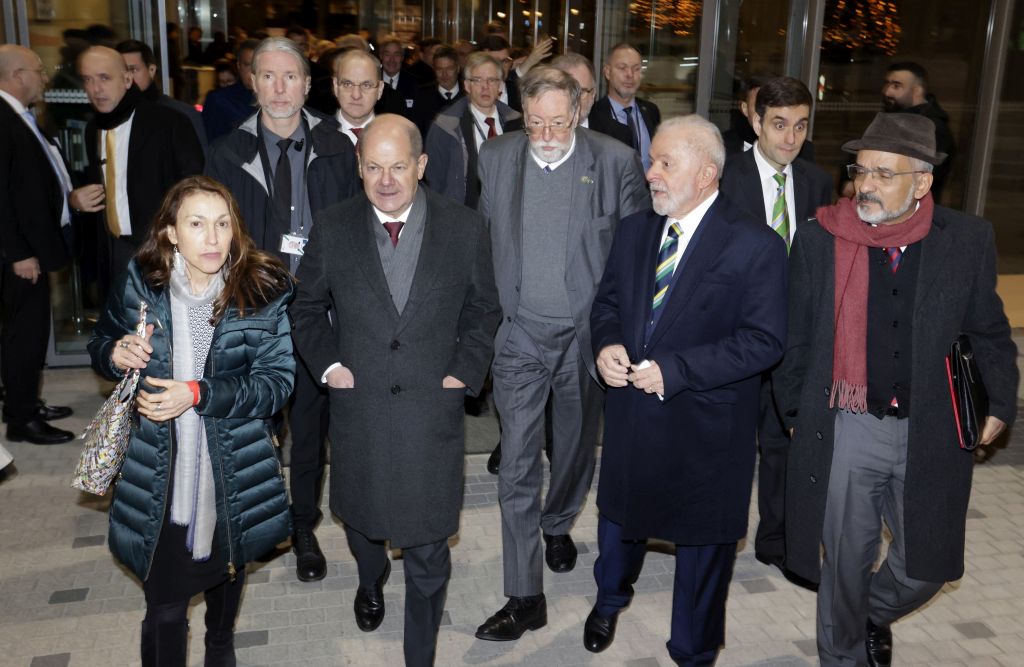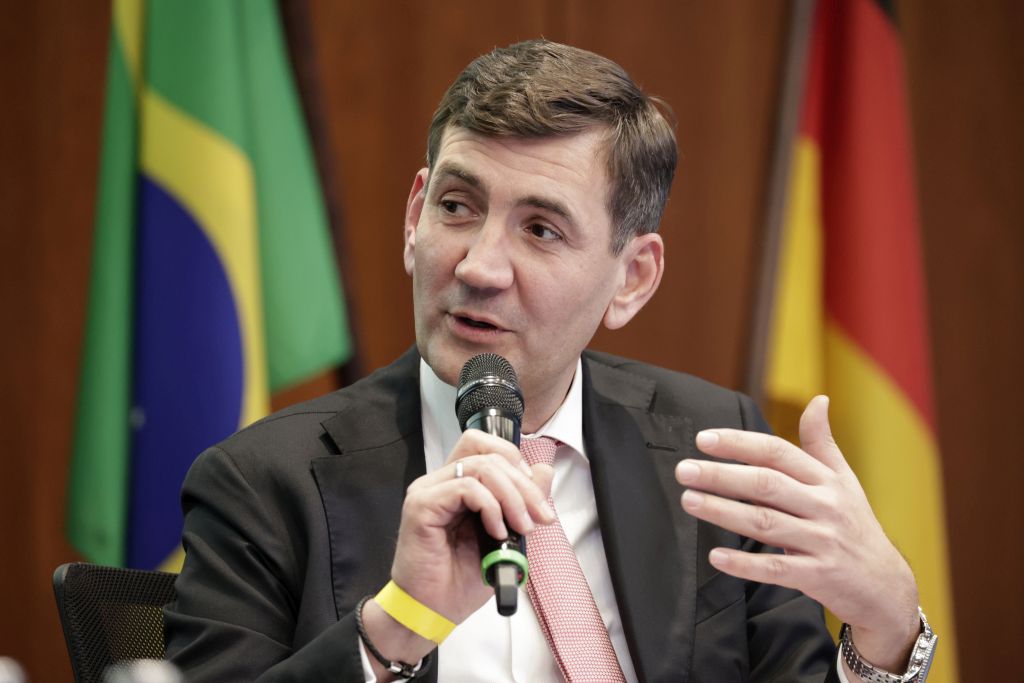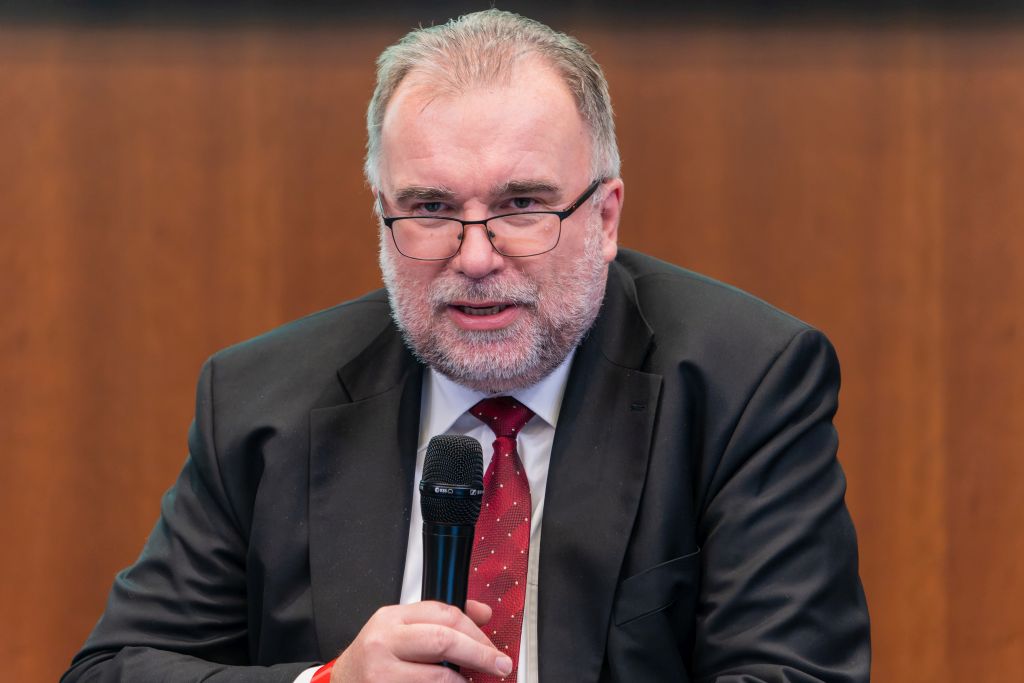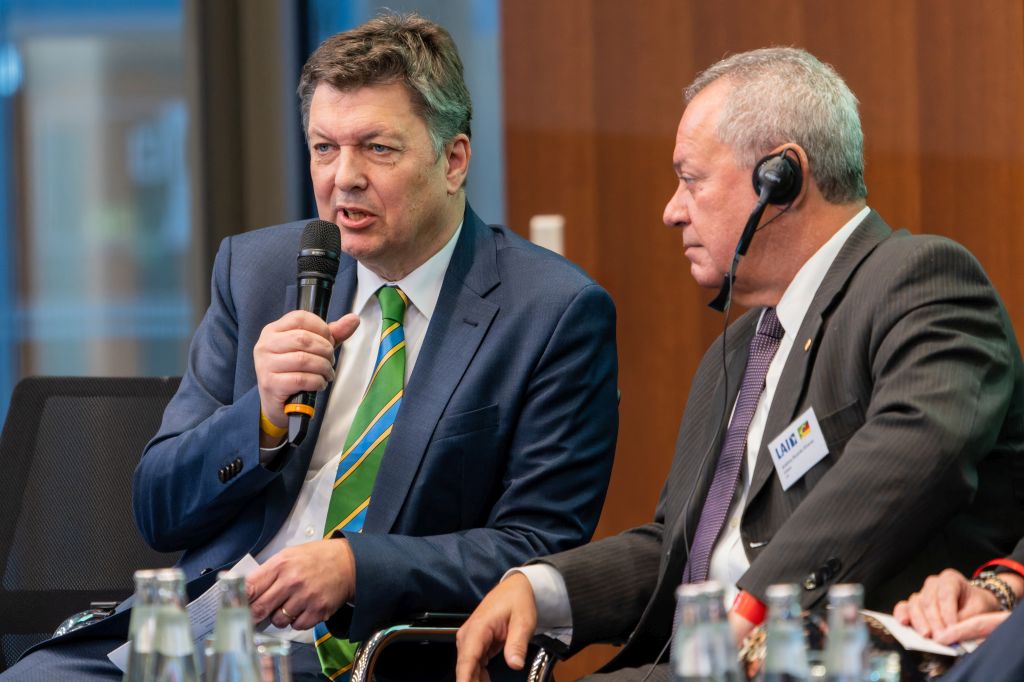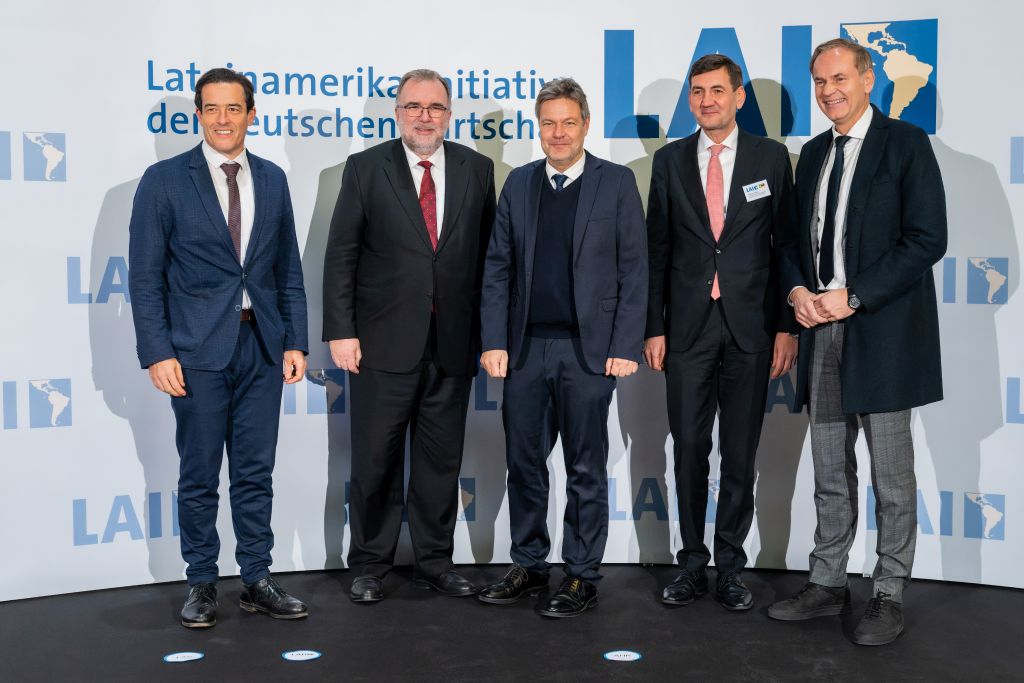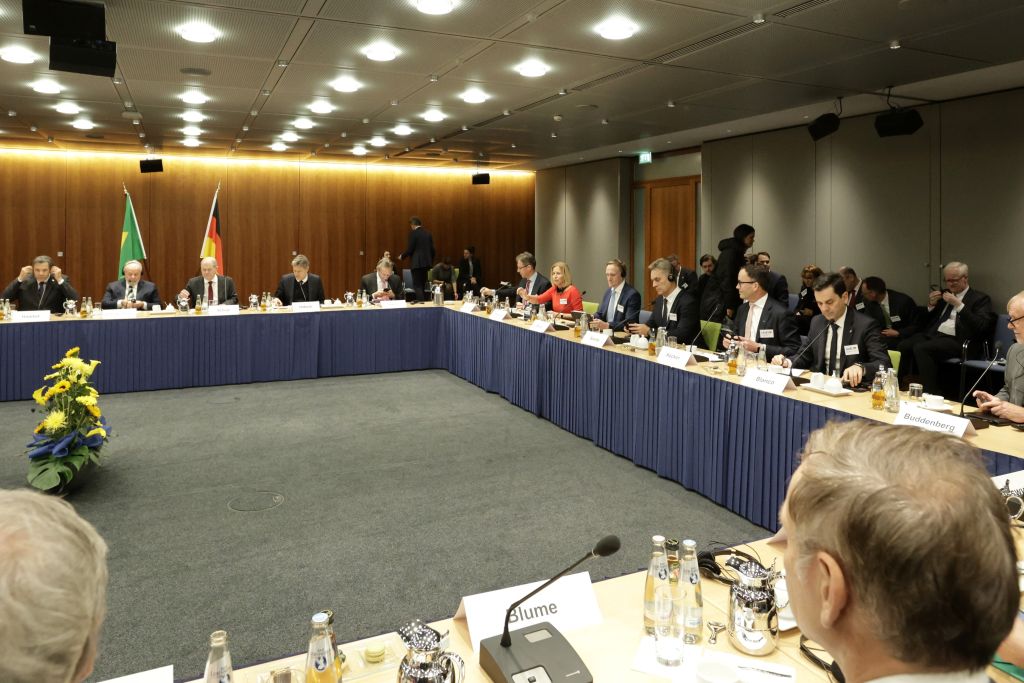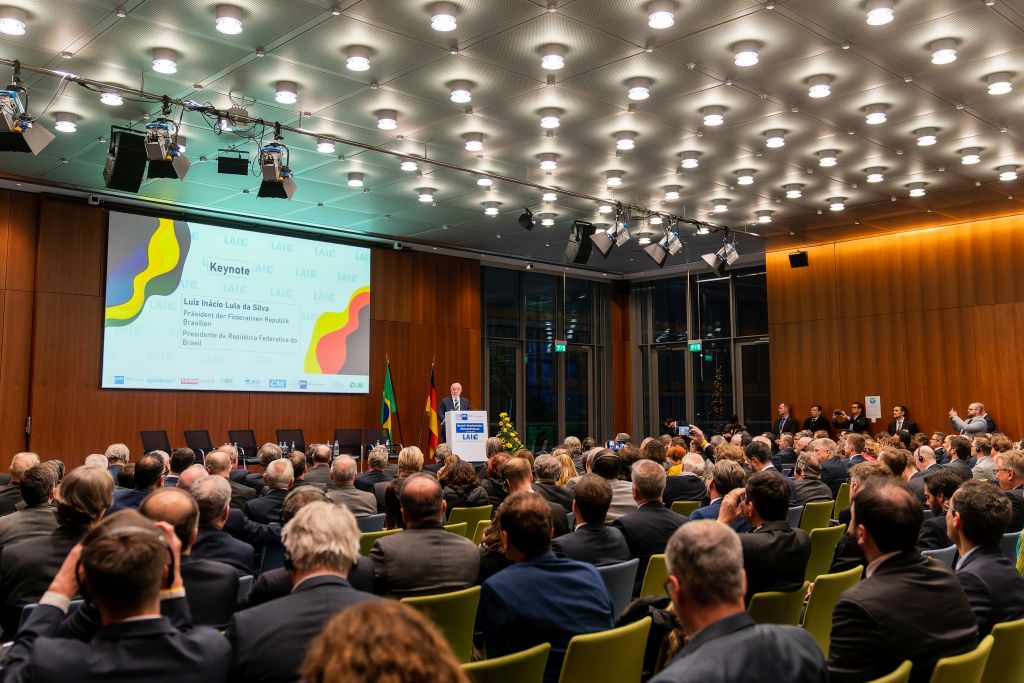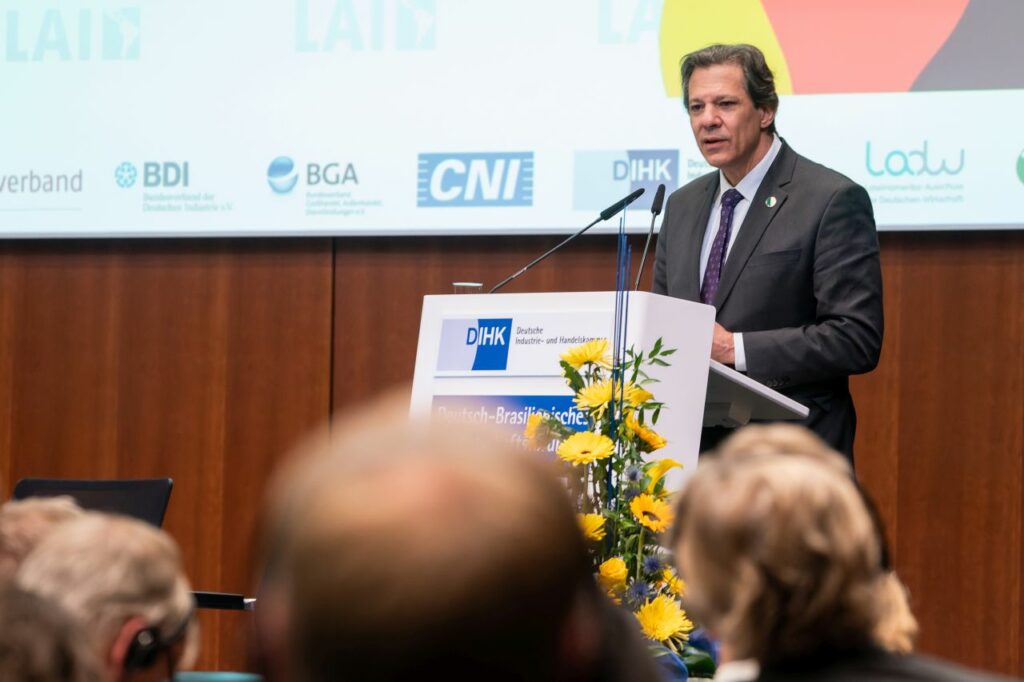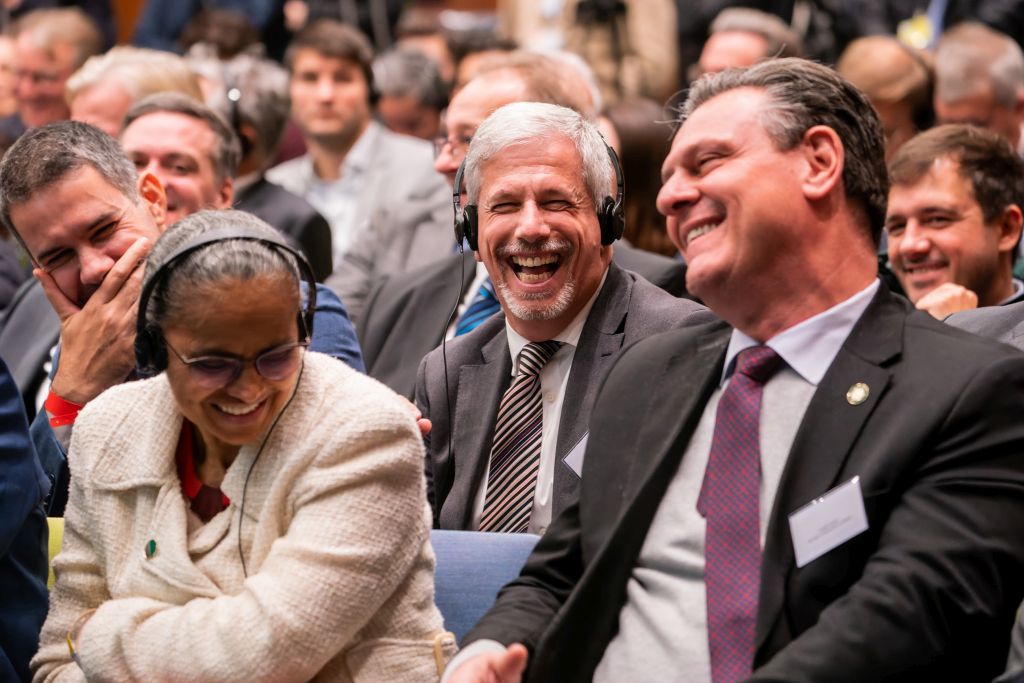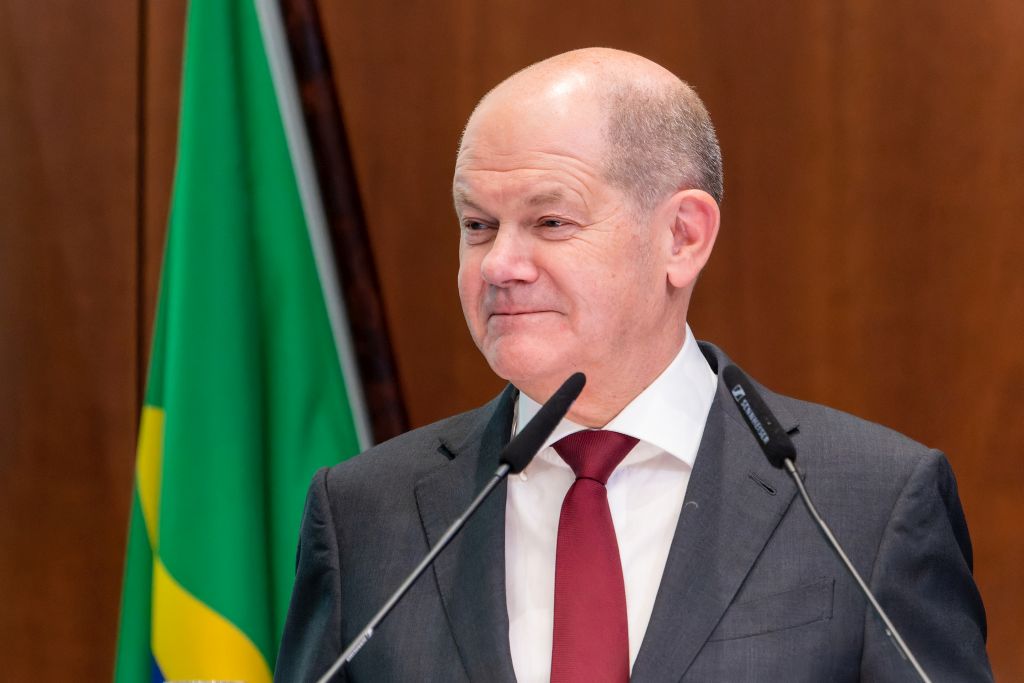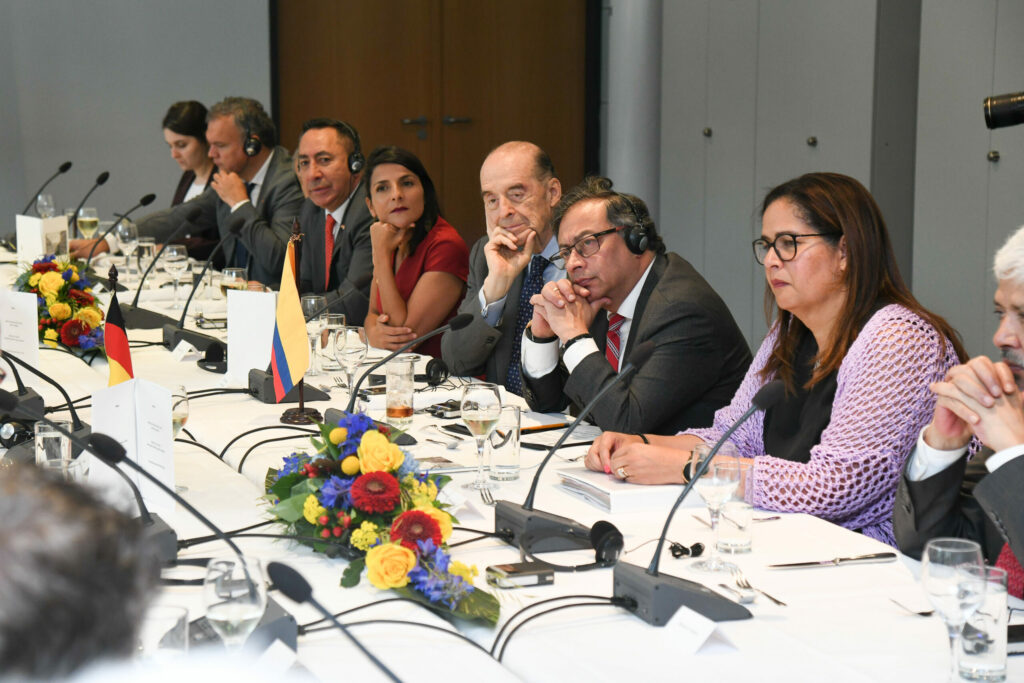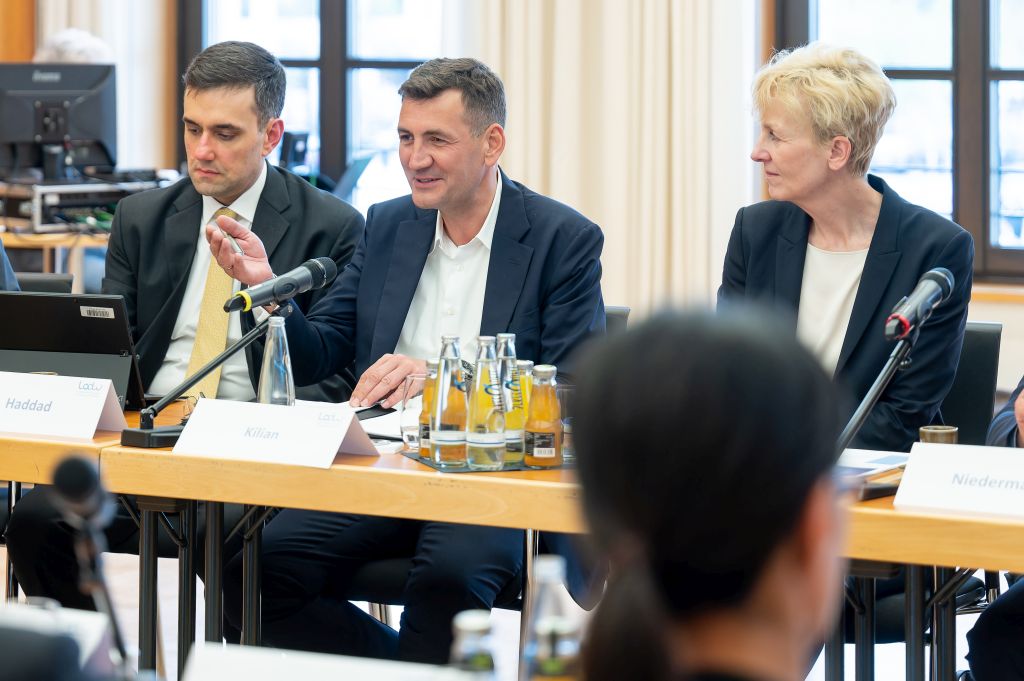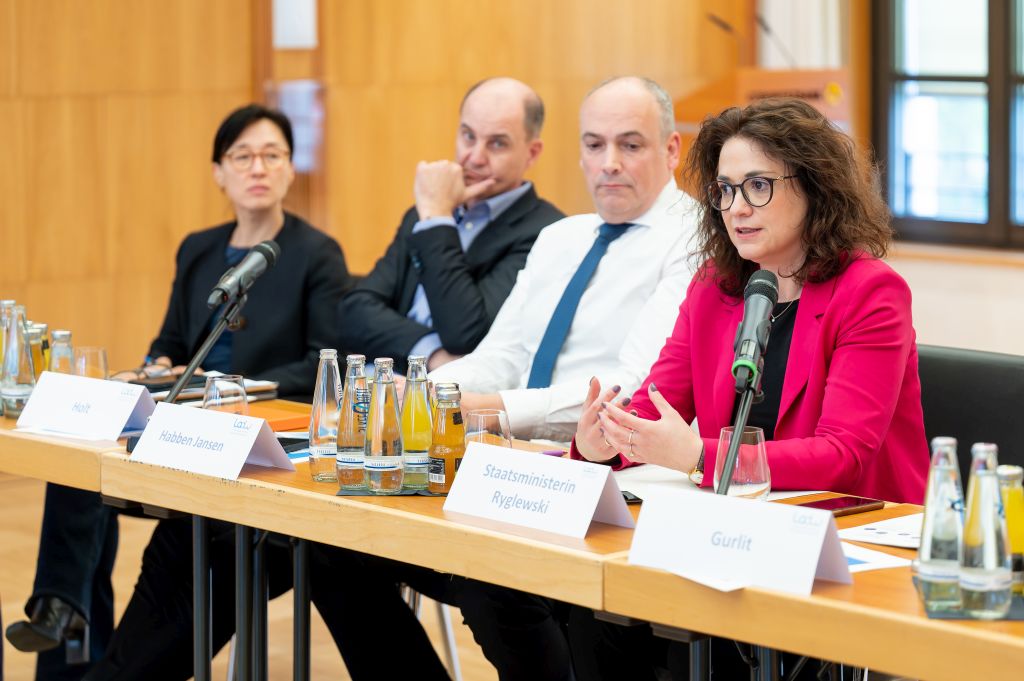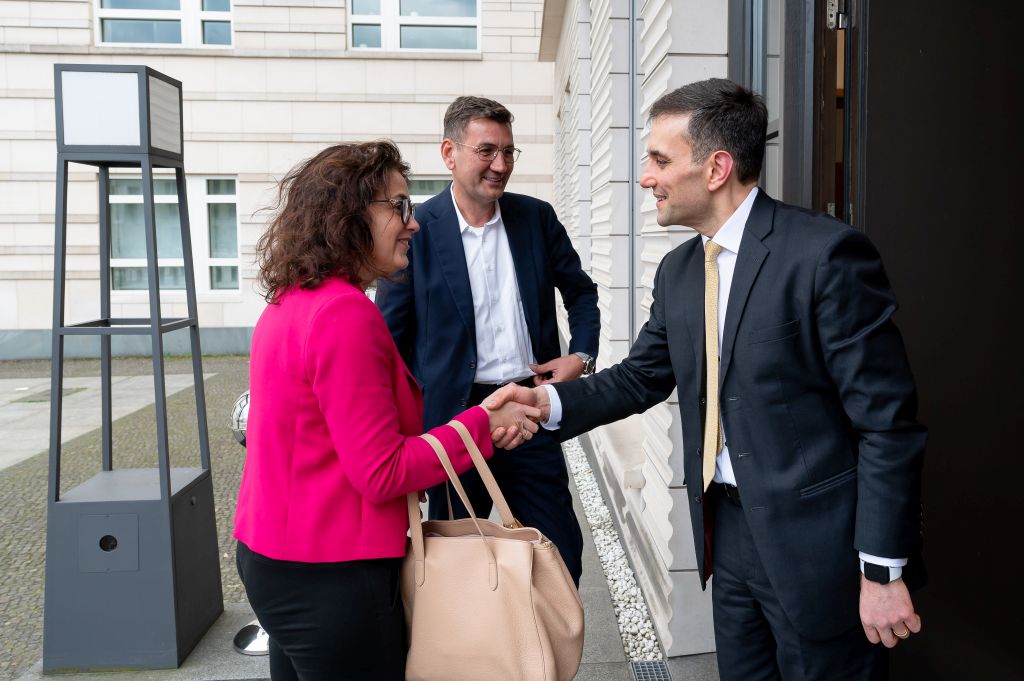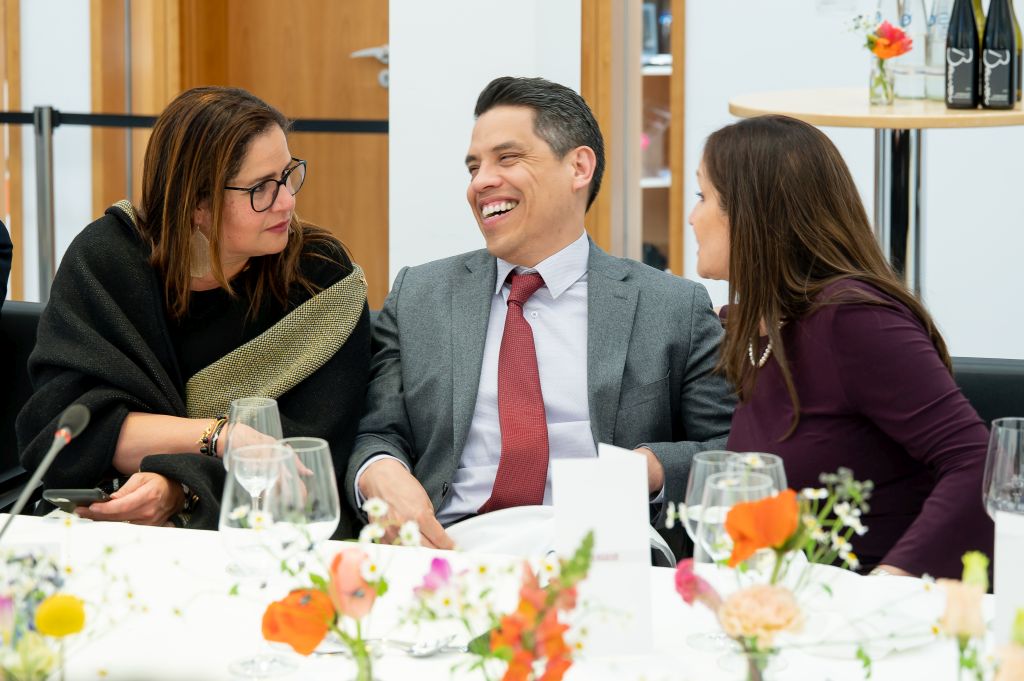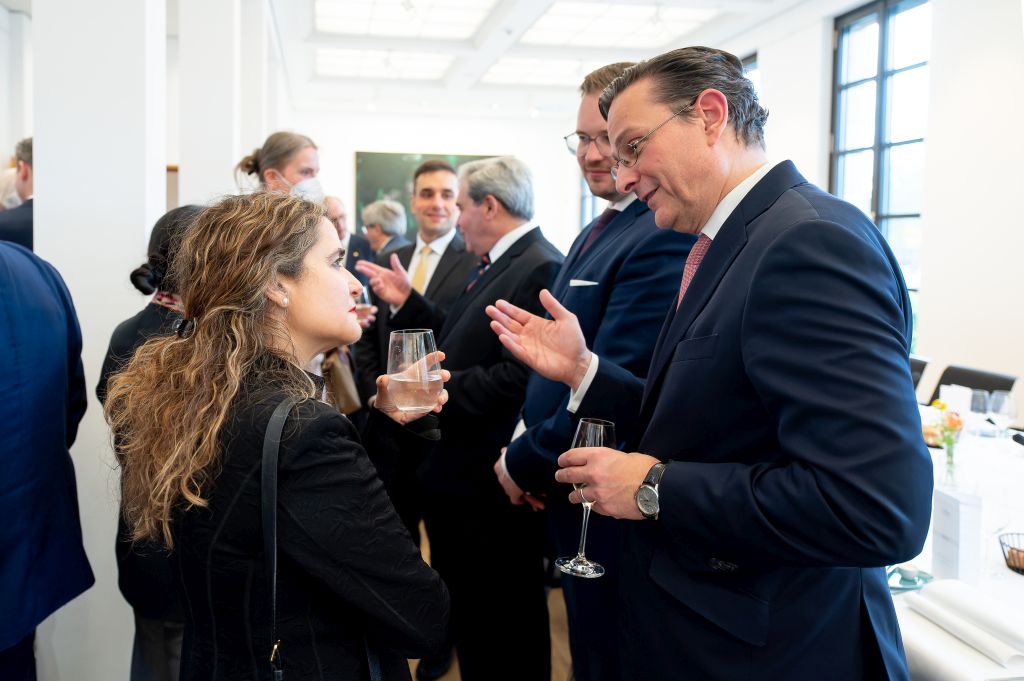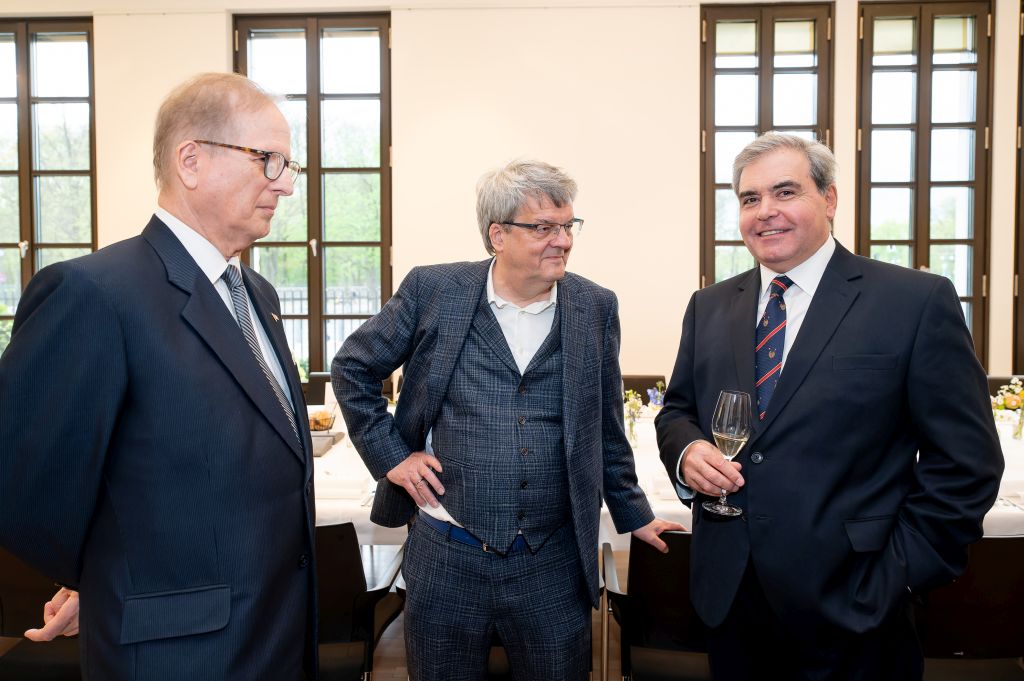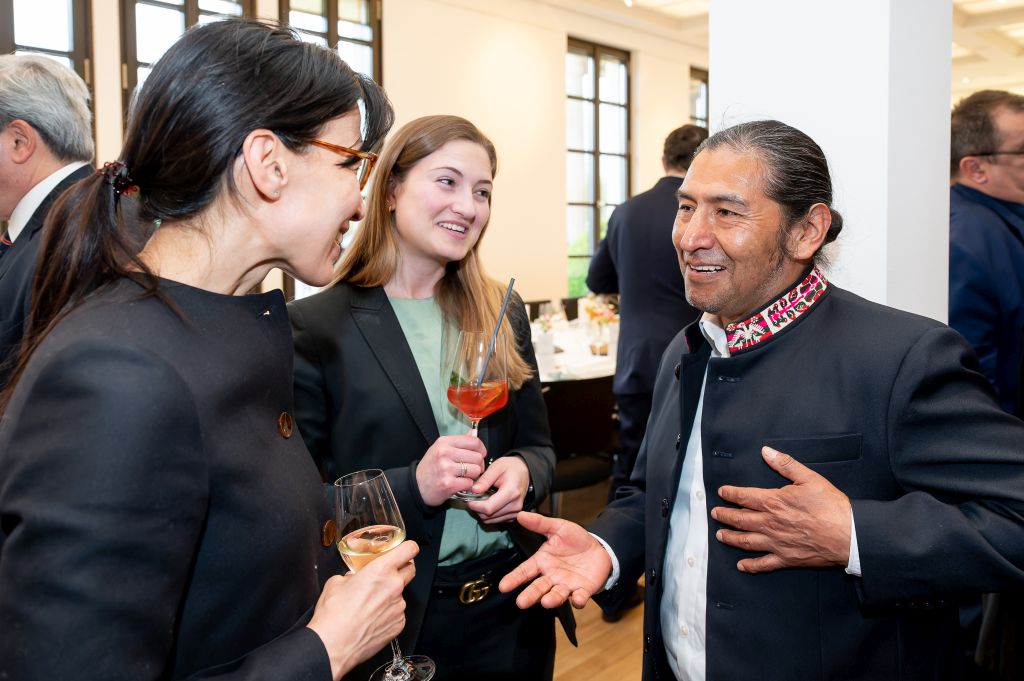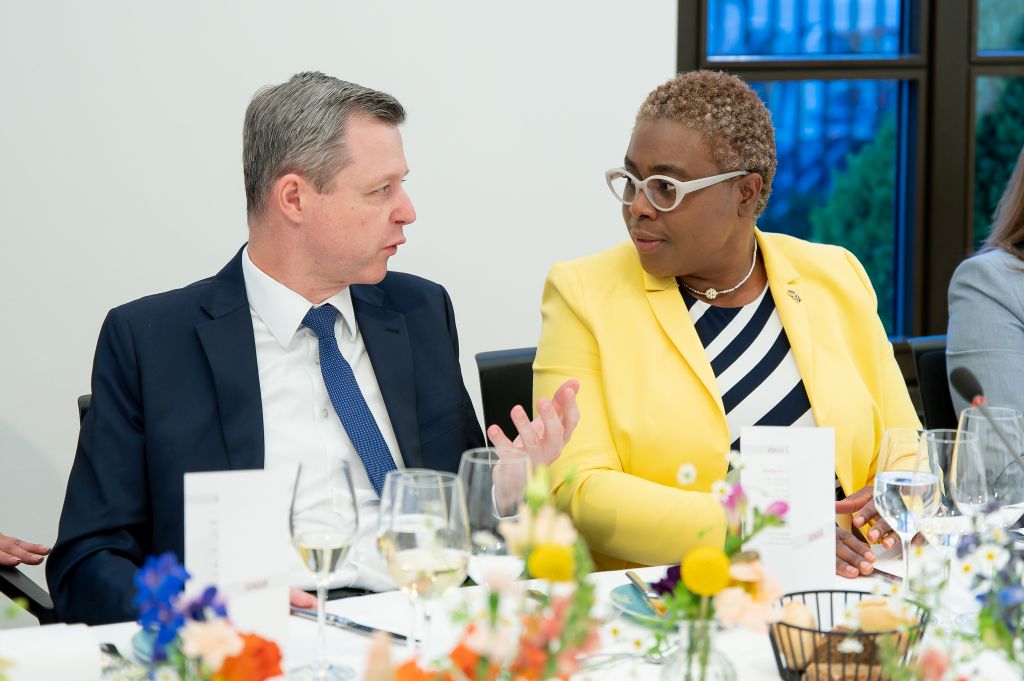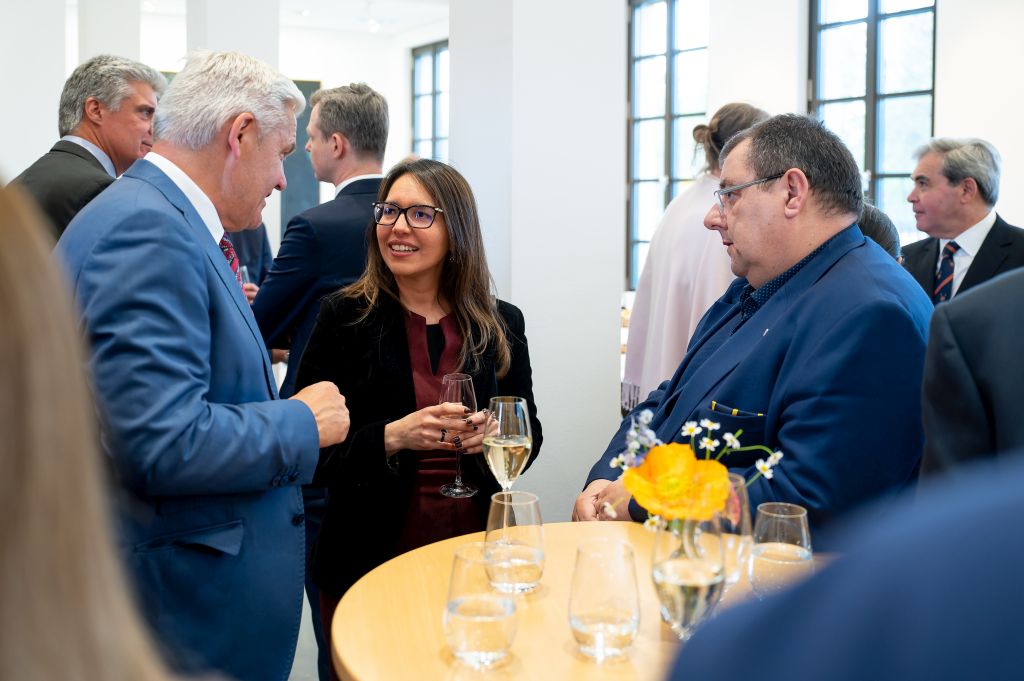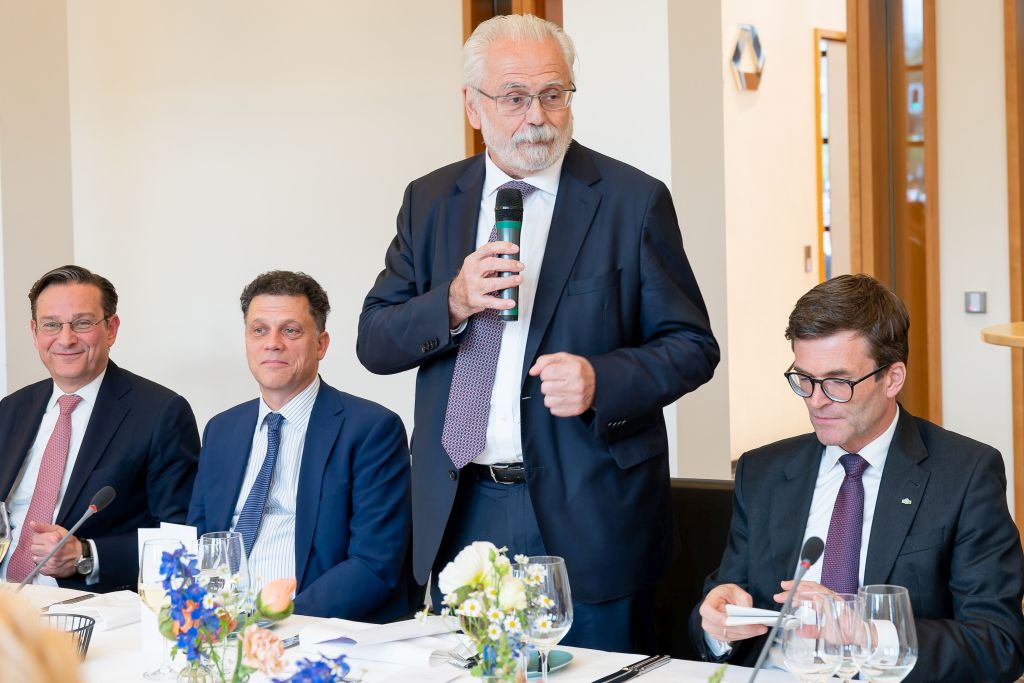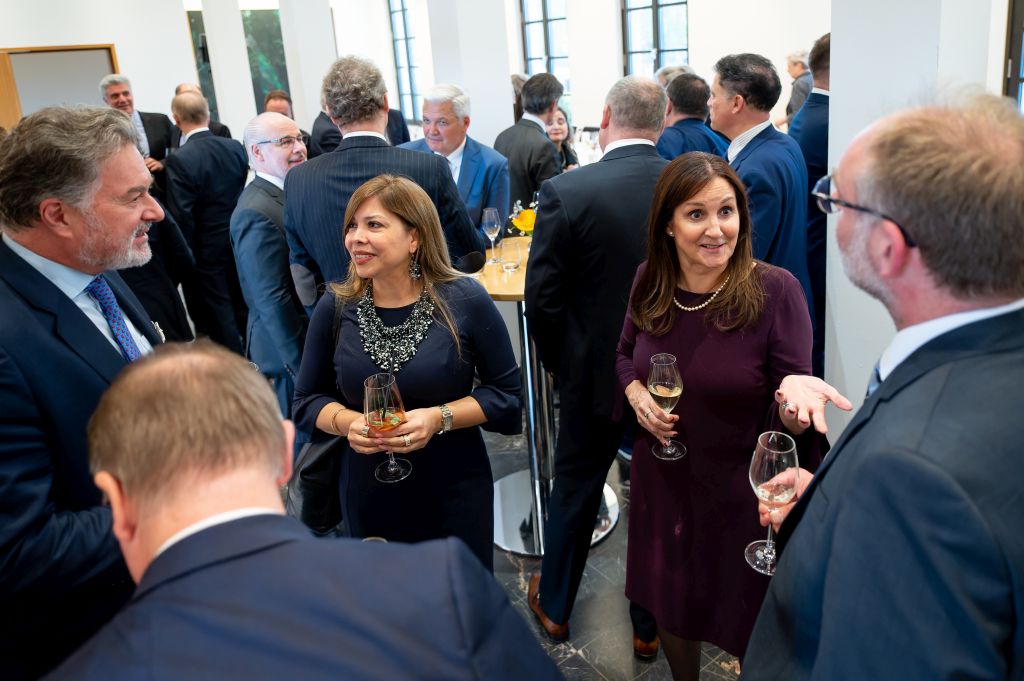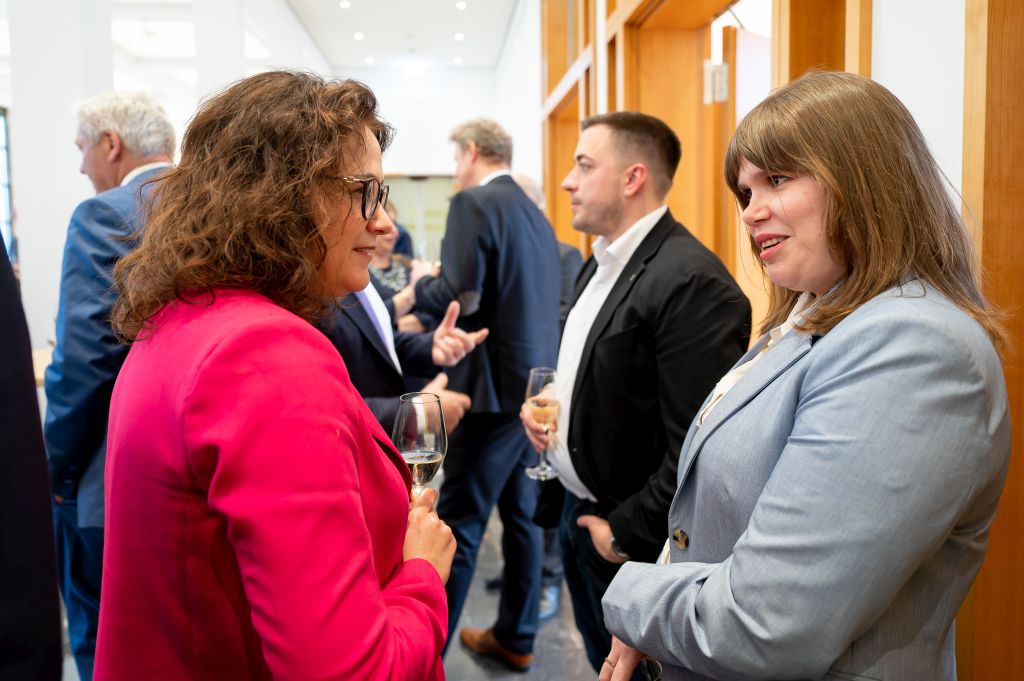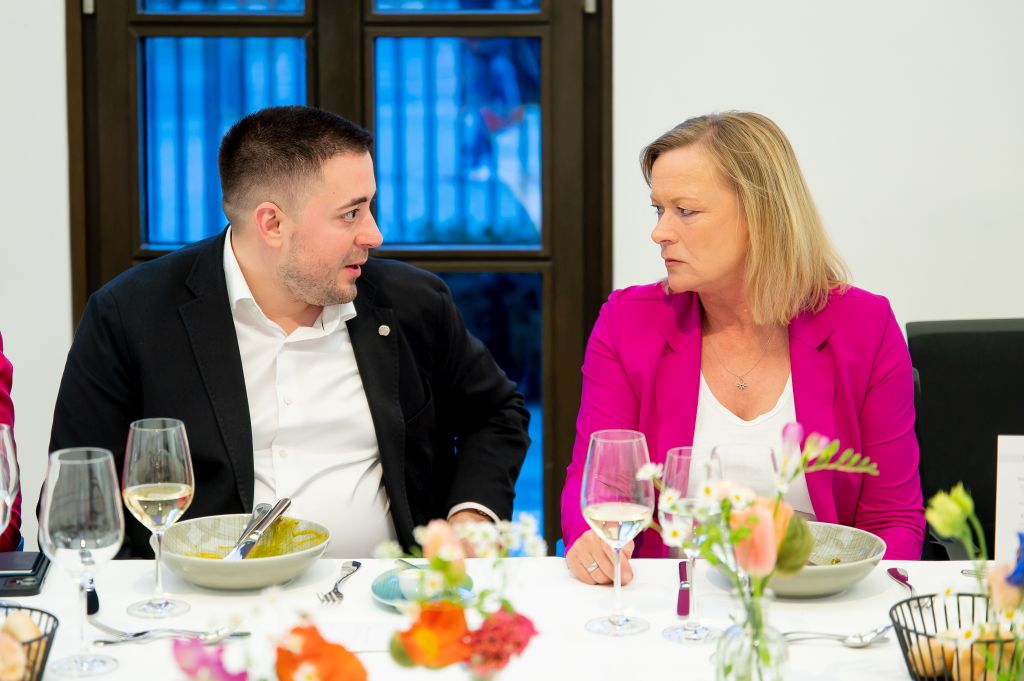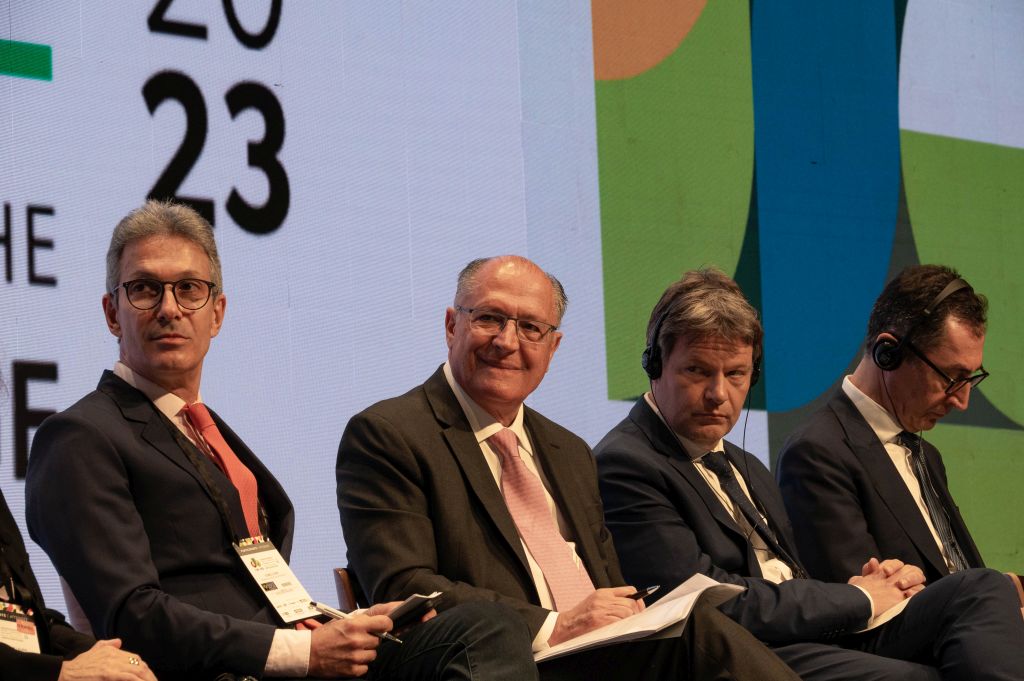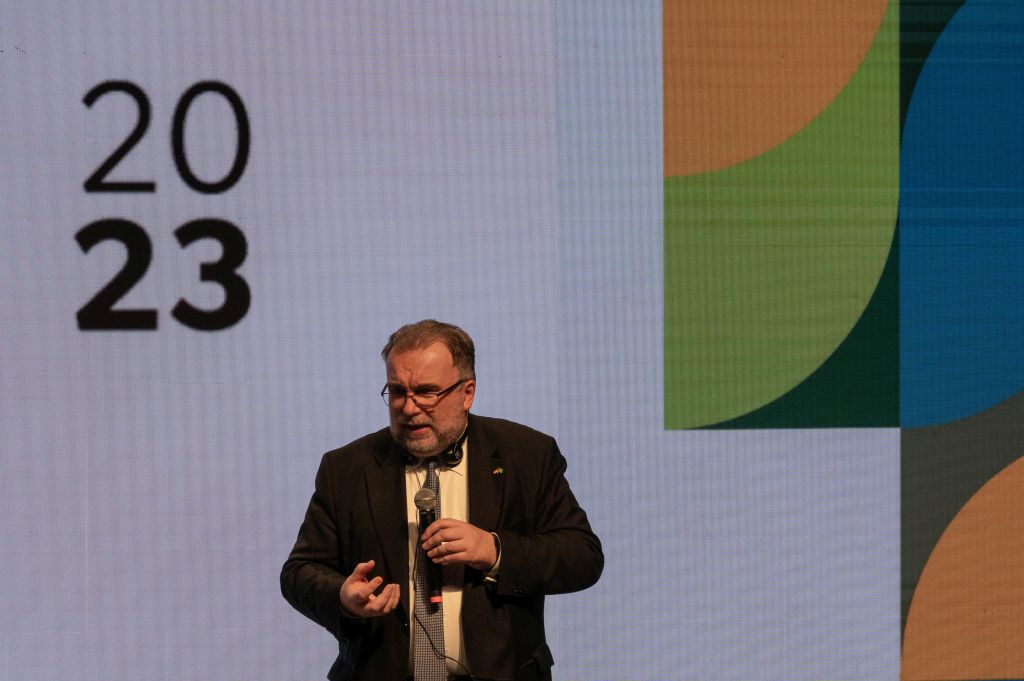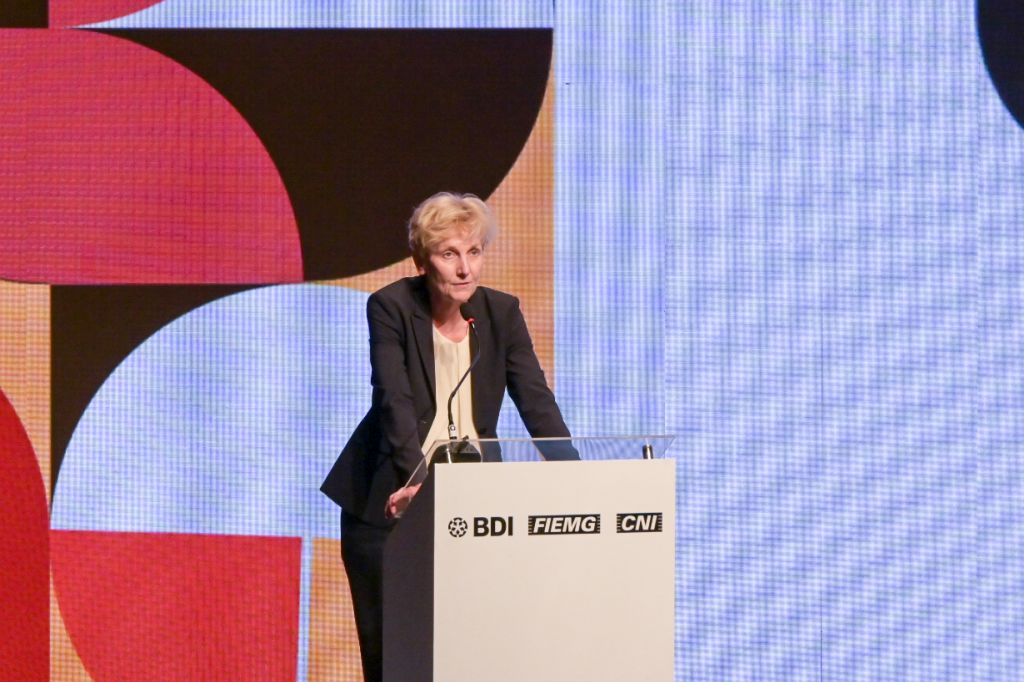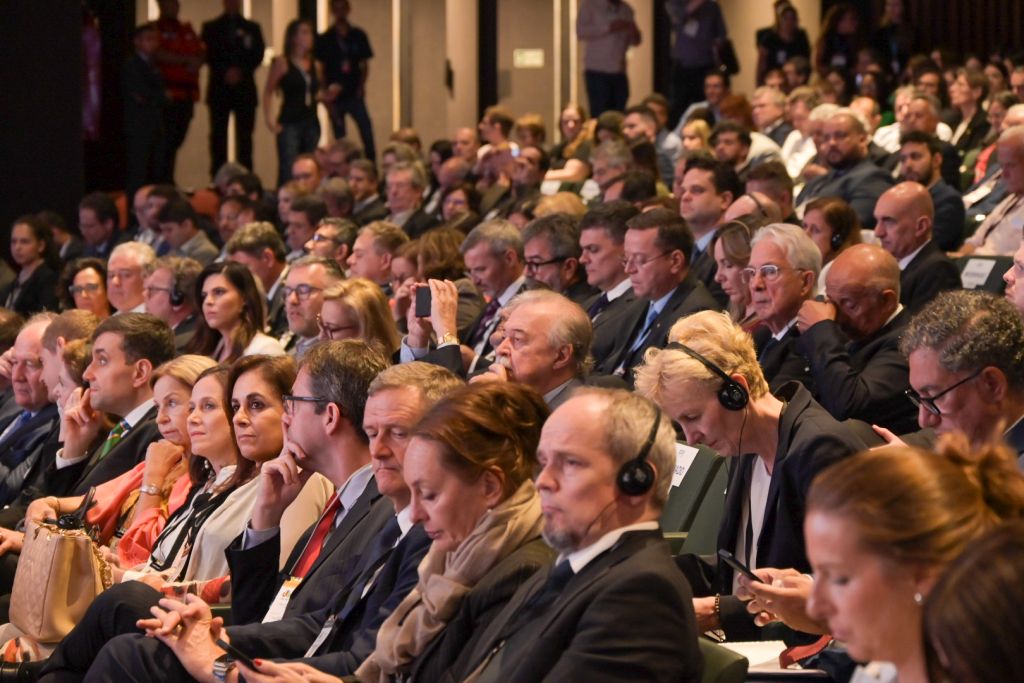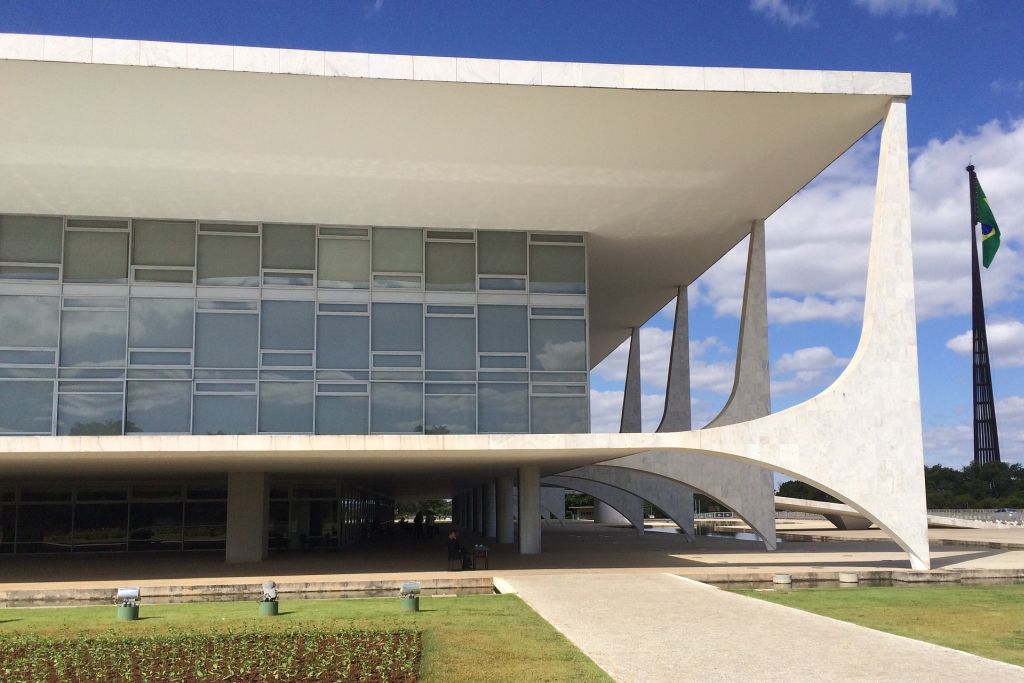The LADW has developed a CEO Agenda to highlight the economic potential of Latin America, to provide the necessary strategies and approaches for the diversification of German companies and to promote the expansion of cooperation with Latin America. The basis for the development of the agenda is the perspective of the CEOs and board members of renowned companies that are gathered in the LADW. It combines information from various interviews and expert discussions with an in-depth analysis of the region.
Resume
Context
- Due to the changed geopolitical situation, cooperation with Latin America has gained new momentum. Motivated by the change of government in Brazil in January 2023, the German government’s travel activities and efforts in the region are more intensive than ever before.
- However, the lack of attention in recent years has had consequences. Germany and the EU have lost importance in the region. Latin America is increasingly valued as an attractive region and is receiving offers for investment from all over the world – from the USA, the Middle East, Russia and Asia. Germany is therefore also expected to make concrete offers of cooperation and projects.
- The German economy is dealing intensively with the recession in its own country, is undergoing a costly transformation process in order to achieve climate targets and at the same time is being forced to diversify more strongly. All of this is tying up resources and could make additional investment capacity in new markets scarce, especially in the industrial SME sector.
The most important findings
1 Latin America’s potential
Latin America has a key role to play in strengthening the resilience of the German economy.
As a growth market, Latin America can keep pace with China and India – with annual growth rates of up to 6% from 2027 – if it focuses on future-oriented industries with sustainable technologies and intensifies international trade (e.g. through trade agreements with the EU). The region already offers higher margins for companies than Asian markets such as China and Malaysia.
- Future industries have great potential for Latin America due to the region’s good natural conditions for sustainable technologies. In the past, for example, the wind energy market in Brazil grew by an average of more than 30 % per year, which means a potential impact on GDP of up to 1 %.
- The economic impact of trade agreements, such as bilateral agreements or the Mercosur agreement, could generate additional GDP growth of up to 2 %.
- To prevent a decline in GDP growth of up to 21% by 2030, Latin American countries urgently need an increase in productivity. The impact of productivity on GDP growth is currently lowest in Latin America. Latin America has a key role to play in strengthening the resilience of the German economy.
Today, the region is one of the most promising and competitive markets for the production of renewable energies in the world. In addition, there are immense reserves of important raw materials that are crucial for a green transformation of the industry. South America can become one of the largest export platforms for green hydrogen and other forms of exportable renewable energy.
- Although Latin America already has a very high proportion of renewable energies in its electricity mix, electricity generation from renewable energy sources in the region still has room for expansion and is likely to increase further.
- The global hydrogen market is expected to grow by around 40% annually – Chile and Brazil are among the world’s leading locations that could produce green hydrogen for less than USD 1.50 per kg of H2 in 2030. In Latin America, 12 hydrogen production projects are already in operation and around 70 are under development, with more than 500 industrial-scale projects planned worldwide.
- Latin America has around 60% of the world’s lithium reserves, i.e. 11 times more than Europe. Demand for lithium will exceed supply as early as 2024 and the ratio will reverse from a surplus of around 30% in 2021 to a shortage of around 20% in 2025. Around 18% of rare earth reserves are also located in Brazil, the second largest reserves in the world and 18 times more than in Europe.
- Chile and Brazil are international leaders when it comes to additional capacity for wind and solar projects.
Latin America is ideally placed to become a strategic market for attracting skilled workers for German companies, particularly in technical professions. In addition, labor costs there are among the most competitive in the world.
- Engineering, IT and natural sciences account for more than 20% of university degrees in Brazil, Chile, Mexico and Colombia. In Germany, there have already been around 700,000 vacancies in tech jobs since 2018 and the gap is expected to grow to around 780,000 by 2026.
- Another talent pool for German companies in Latin America are school leavers who do not start higher education – in Brazil, this amounted to 31 million young adults in 2021. They are potential candidates for new educational opportunities, such as programming schools, which German companies could launch in the country on a “tailor-made” basis.
- In addition, Brazil produces around 500,000 university graduates in technology and around 900,000 in business every year, with a current low employment rate of around 83% for 25 to 64-year-olds with a university degree (around 60% overall). This leads to additional potential for recruiting skilled workers for German companies.
- Tech hubs as locations with IT specialists and founders, such as São Paulo, Bogotá or Mexico City as part of the technological growth in the software and hardware industry, can also offer starting points to benefit from the talent pool in Latin America.
2 German involvement in the region
Germany is still well positioned in Latin America. However, political and economic cooperation is stagnating and market shares have been gradually lost.
- With only around USD 50 billion in investments in Latin America, Germany is one of the worst performers in an OECD comparison (average investment portfolio of OECD countries: USD 80 billion).
- German exports to the region have also barely grown in the last 10 years: while the USA and China have increased their exports by 38% (2022: USD 547 billion) and even 87% (2022: USD 252 billion) respectively during this period, German exports have only grown by 3% (2022: USD 44 billion).
- China’s role as a technology partner in the local markets should not be underestimated. On the one hand, Chinese investments show a shift in investments from state banks to commercial banks, while on the other, the majority of transactions relate to advanced technologies such as communications, automobiles and the production of electronic components.
3 Conclusion: Strategies for expanding cooperation
New political and economic approaches are needed to expand Germany’s engagement in Latin America beyond the status quo. Only in this way will it be possible to seize opportunities arising from the economic reorganization of the global ecosystem in good time.
- The economic reorganization of the global ecosystem could have a significant impact on Latin America’s development. Germany and the EU must have a stronger presence in this phase (e.g. long-term commodity contracts are now being awarded) to avoid losing even more of their importance for the region.
- German companies would be well advised to review the importance of Latin America for their global diversification strategy and make long-term decisions regarding their involvement in the region.
- Five strategies can help companies increase their presence in Latin American markets:
1) Import of critical/sustainable resources such as lithium, rare earths and energy from renewable sources, e.g. via green hydrogen.
2) Production in the region for export.
3) Equipping local companies with technologies that increase productivity, e.g. IoT technology, machines and digital tools.
4) Strengthening and aligning the offer to the growing middle class in Latin America and their needs in certain areas, e.g. mobility and healthcare.
5) Utilization of the large talent pool of highly qualified specialists in Latin America through targeted training offers and measures, as the region is culturally compatible with the USA and Europe.
- In line with the five strategies, the CEO Agenda recommends four possible levers, ranging from actions by individual companies, alliances and cooperation between several companies to necessary political measures.
- In addition, 9 concrete initiatives are proposed to boost engagement in the region, such as an alliance of interested companies to source/develop green hydrogen projects in Brazil or a shared talent pool as part of a digital manufacturing ecosystem, as well as the creation of programming schools in Latin America.
